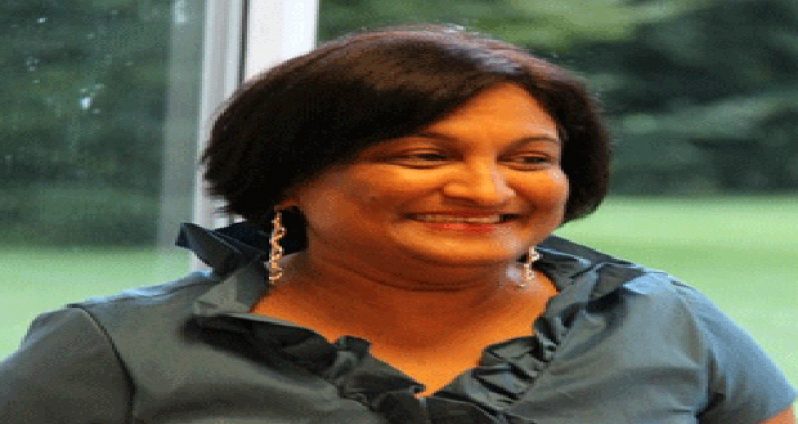ON a yearly basis, more than one million adolescents die from preventable and/or treatable causes, and this constitutes a major concern for health authorities across borders.
The situation is no different in Guyana, where hundreds die as a result of the Human Immunodeficiency Virus (HIV), lower respiratory infections, suicide, interpersonal violence, alcohol and drug abuse; and even injuries sustained from vehicular accidents, among other causes.
In an effort to reduce this high death toll, the Guyana Responsible Parenthood Association (GRPA) is calling on the young generation to break the cycle by taking responsibility for their bodies.
GRPA Executive Director, Reverend Patricia Sheerattan-Bisnauth, told the Guyana Chronicle that, for too long, “health has been placed on the back burner”.
She explained that many Guyanese, particularly the nation’s youths, are not capitalizing on health services that are readily available to them.
The adolescent population has consequently been identified by the Health Ministry as a group which rarely visits health facilities to access lifesaving services and information.
Sheerattan-Bisnauth said the situation is so dire that some youths do not even know their blood type, or their families’ medical history. A family medical history can identify people with a higher-than-usual chance of having common disorders such as heart disease, high blood pressure, stroke, certain cancers, and diabetes. These complex disorders are influenced by a combination of genetic factors, environmental conditions, and lifestyle choices, she said.
She is of the view that youths, and in some cases men, are failing to do simple health checks because they have erroneously placed their health at the bottom of their list of priorities.
“For our own good, and our health and wellbeing, it is very important that we get past these discomforts and stigma; because our aim is to live a responsible life (and to) take responsibility for our body, because our body is God-given,” Sheerattan-Bisnauth said.
The GRPA Executive Director said the health institution, which has been in existence since 1973, will be offering free services to persons between the ages of 14 and 24. She said GRPA has been able to source additional funding, and this will be used to execute this exercise, which will conclude on December 24.
Pap smear, breast examination and counselling; visual inspection with acetic acid (VIA), screening and counselling; fitness, medical and physical examination, HIV, blood group and sugar testing are among the services being offered, in addition to family counselling, life skills counselling, adolescent counselling, and sexuality counselling, among other services.
The GRPA has, since 2001 been playing a significant role in providing HIV, health education and counselling services, especially to Guyana’s most vulnerable.
Sheerattan-Bisnauth said, “A key focus of the organisation is to reach the poor and vulnerable and to ensure that they have access to health care, particularly addressing sexual and reproductive health, which includes family planning, HIV, STIs, cervical, breast and prostate cancer, and general health services.”
It was pointed out that one of the initiatives which have garnered major success is the Youth Advocacy Movement – the youth arm of the organization.
This programme has created another avenue for youth empowerment through education, and simultaneously through the provision of resources and services.
“We also manage a teen-and-youth clinic which provides a youth-friendly environment and is designed around the needs of this group, with supportive and enabling staff to address their needs,” she disclosed.
For many years, the GRPA has focused a lot of its work on youth development, empowerment, and advocacy through the implementation of diverse initiatives aimed at educating and sensitizing young people on sexual and reproductive health (SRH), sexuality, and socio-economic issues that present barriers to youth development.
“The organization has several approaches to the promotion of SRHR, primarily clinic services, which include family planning, HIV, STIs, networking, establishing and building partnerships with diverse organizations, community-based work, information sessions, outreach sessions, advocacy initiatives, and a clinic to provide medical services for clients, with particular focus on SRH,” she disclosed.




.png)









